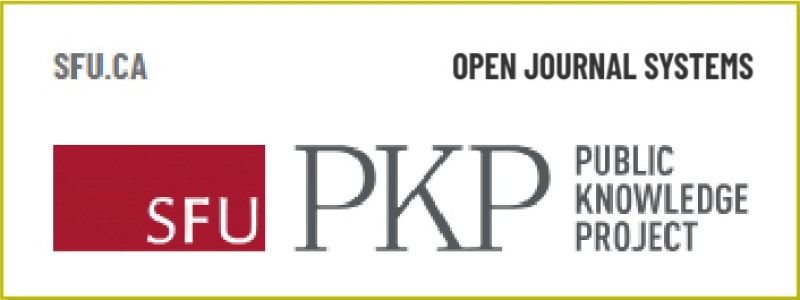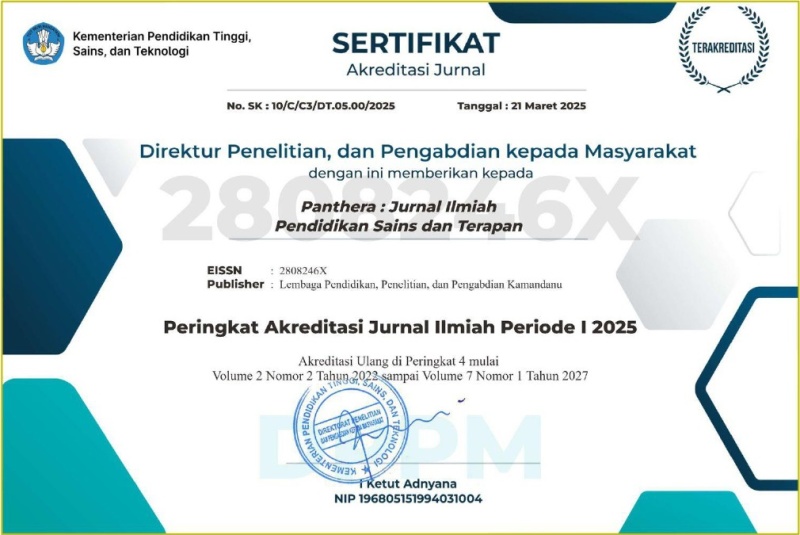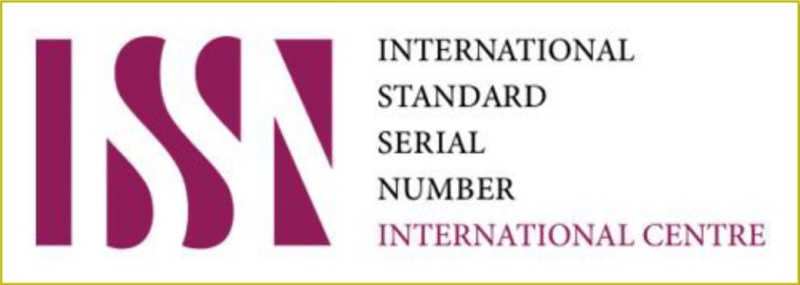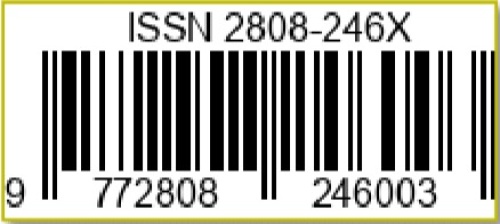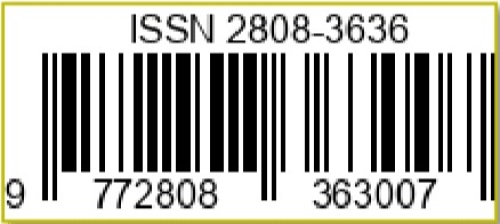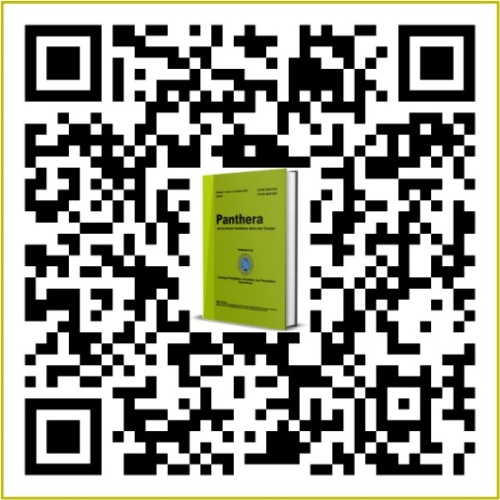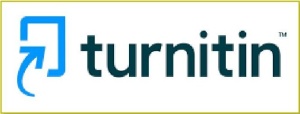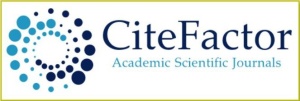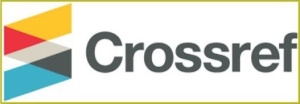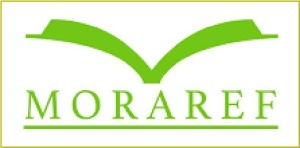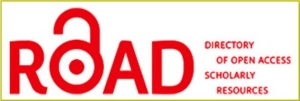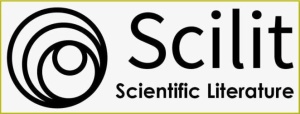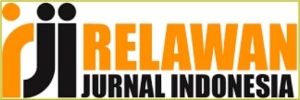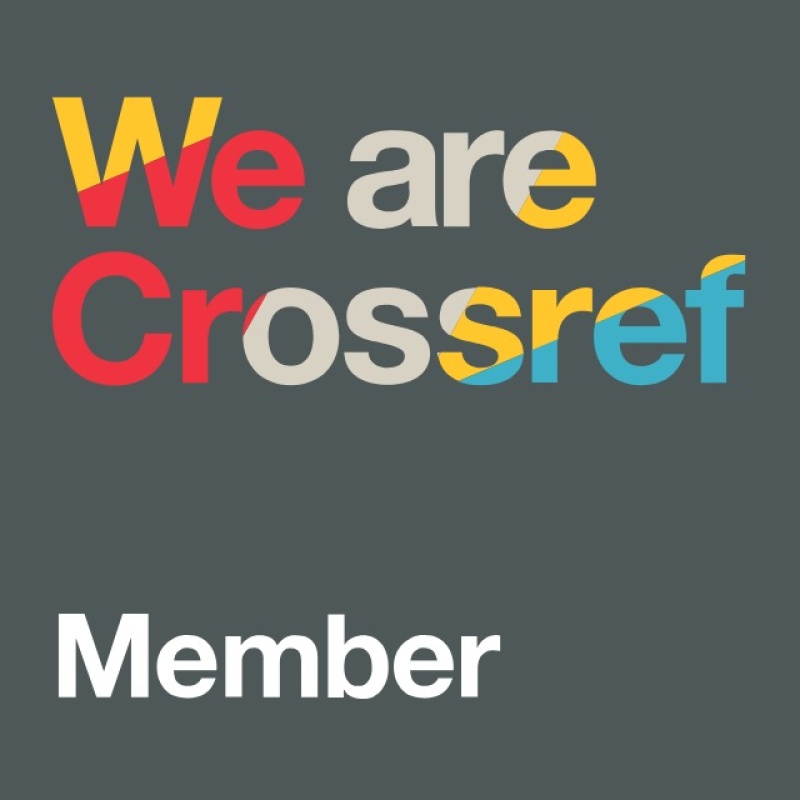Pilihan Bahasa Masyarakat di Kota Makassar pada Acara Makassar Culinery Night (MCN)
DOI:
https://doi.org/10.36312/panthera.v5i3.438Keywords:
Code Switching, Code Mixing, Makassar Culinary Night, SPEAKING Model, Language ChoiceAbstract
This study aims to examine the language choices used by the Makassar community in interactions at the Makassar Culinary Night (MCN) event, as well as the factors that influence it using the SPEAKING model from Dell Hymes as an analytical framework. Data were collected through participant observation, in-depth interviews, and questionnaires involving traders, visitors, and event organizers. The results of the study indicate that Indonesian dominates in buying and selling transactions, while code switching and code mixing with Makassar and Bugis languages are often used as strategies to express identity and solidarity. In addition, factors such as the situation (setting), participants, communication goals (ends), sequence of speech (act sequence), tone (key), means (instrumentalities), social norms, and conversational genres collectively shape the pattern of language choices. These findings emphasize that language choices not only function as a means of communication, but also as a means to assert social status, build interpersonal relationships, and express cultural pride. Linguistic dynamics in multicultural public spaces, such as MCN, reflect the flexibility and creativity of urban community discourse. This study is expected to be a basis for the development of inclusive language policies that are responsive to the communication needs of the Makassar community.
Downloads
References
Apriyanti, Y. O., Darmansyah, R., Hayati, H., Kurnia, L. I., Zebua, R. S. Y., Ramli, A., Mawaddah, M., Mamlu'ah, A. W., & Barokah, A. (2023). Pengantar Ilmu Manajemen Pendidikan : Teori dan Praktek Mengelola Lembaga Pendidikan Era Industri 4.0 & Soceity 5.0. Jambi: PT. Sonpedia Publishing Indonesia.
Creswell, W. J. (2013). Research Design Pendekatan Kualitatif, Kuantitatif, dan Mixed. Yogyakarta: Pustaka Pelajar.
Dewi, I. N., & Safnowandi, S. (2020). The Combination of Small Group Discussion and ARCS (MODis-ARCS Strategy) to Improve Students’ Verbal Communication Skill and Learning Outcomes. Prisma Sains: Jurnal Pengkajian Ilmu dan Pembelajaran Matematika dan IPA IKIP Mataram, 8(1), 25-36. https://doi.org/10.33394/j-ps.v8i1.2478
Gumperz, J. J. (1982). Discourse Strategies. Cambridge: Cambridge University Press.
Harahap, M. A., & Adeni, S. (2022). Bahasa dalam Komunikasi Gender. Professional : Jurnal Komunikasi dan Administrasi Publik, 8(2), 7-13.
Holmes, J., & Wilson, N. (2017). An Introduction to Sociolinguistics (5th Ed.). London: Routledge.
Hymes, D. H. (1972). Models of the Interaction of Language and Social Life. In Gumperz, J.J., & Hymes, D.H. (Eds). Directions in Sociolinguistics: The Ethnography of Communication (pp. 35-71). New York: Holt, Rinehart & Winston.
Jannah, A. H., Fatimah, A., & Fitri, S. (2023). Alih Kode dan Campur Kode Bahasa Makassar dan Bahasa Indonesia pada Interaksi Siswa Sekolah Menengah Pertama. Human : South Asian Journal of Social Studies, 3(1), 35-54. https://doi.org/10.26858/human.v3i1.49127
Mandang, M., Kalangi, L. M. V., & Tulung, G. (2018). Penggunaan Alih Kode Instruktur dalam Proses Belajar Mengajar Bahasa Inggris di ELC Education Manado. Kajian Linguistik, 6(2). 31-53. https://doi.org/10.35796/kaling.6.2.2018.24769
Mutakin, A. (2022). Book Chapter Studi Islam. Banten: Yayasan Wakaf Darus-Sunnah.
Nurjanah, N., & Srihilmawati, R. (2025). Revitalisasi Bahasa, Sastra, dan Budaya Sunda melalui learningsundanese.com sebagai Media Digital Pelestarian Kearifan Lokal. Learning : Jurnal Inovasi Penelitian Pendidikan dan Pembelajaran, 5(1), 83-91. https://doi.org/10.51878/learning.v5i1.4436
Pieris, J. (2020). The Behavior of Law : Perilaku Hukum. Jakarta: Pelangi Cendekia.
Rijal, S., Hasan, L. D., & Badollahi, M. Z. (2021). Ekosistem Wisata Budaya Perahu Pinisi. Makassar: Politeknik Pariwisata Makassar.
Sari, I. P. R., Insani, N. N., & Ridha, M. R. (2025). Ancaman Pergeseran Bahasa Daerah dan Dampaknya terhadap Keberlanjutan Warisan Budaya di Era Global. Menulis: Jurnal Penelitian Nusantara, 1(5), 91-96. https://doi.org/10.59435/menulis.v1i5.236
Sari, N. (2024). Bahasa sebagai Semiotik Sosial dan Pembelajaran Bahasa Inggris. Aldilal : Jurnal Ilmu-ilmu Kebahasaan, 1(1), 1-10.
Simons, G. F., & Fennig, C. D. (2022). Ethnologue: Languages of the World (Twenty-Fifth Edition). Texas: SIL International.
Spradley, J. P. (1980). Participant Obsevation. New York: Holt, Rinehart and Winston.
Wahab, R. (2015). Psikologi Belajar. Jakarta: Rajawali Pers.
Wardhaugh, R., & Fuller, J. M. (2015). An Introduction to Sociolinguistics (7th Ed.). Hoboken: Wiley-Blackwell.
Yusup, H. (2024). Variasi Penamaan Kuliner Lokal di Kota Makassar: Kajian Sosiolinguistik. Tesis. Universitas Hasanuddin.
Downloads
Published
How to Cite
Issue
Section
License
Copyright (c) 2025 Nur Aminah Reski, Mayong, & Idawati

This work is licensed under a Creative Commons Attribution-ShareAlike 4.0 International License.
-
Attribution — You must give appropriate credit, provide a link to the license, and indicate if changes were made. You may do so in any reasonable manner, but not in any way that suggests the licensor endorses you or your use.
-
ShareAlike — If you remix, transform, or build upon the material, you must distribute your contributions under the same license as the original.


